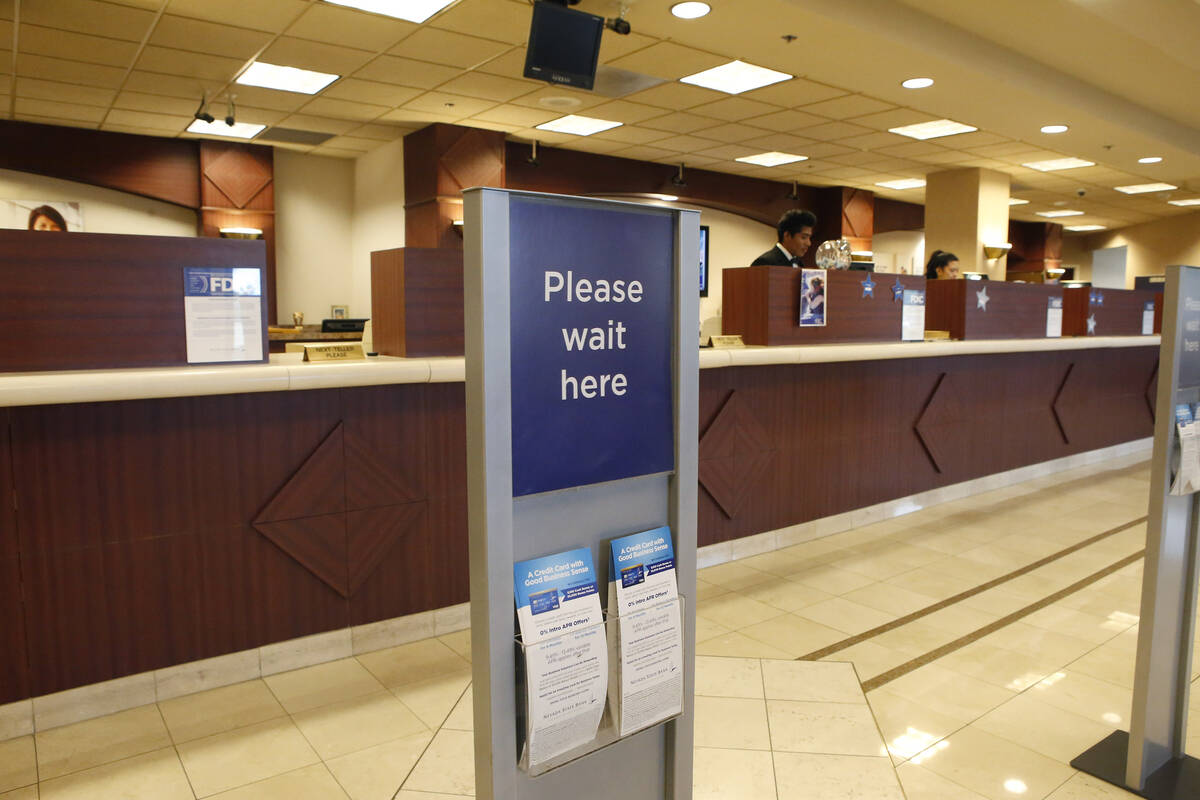EDITORIAL: Biden should shelve plans for Ex-Im Bank
Ronald Reagan famously noted that “government programs, once launched, never disappear. Actually, a government bureau is the nearest thing to eternal life we’ll ever see on this earth.” And that maxim is doubly true when the program is in bed with powerful special interests.
Take the U.S. Export-Import Bank, a monument to corporate welfare that has dodged numerous efforts to put it out of business. The bank subsidizes major American exporters, shifting the risk to U.S. taxpayers. Its primary clients over the years have been corporate behemoths such as Boeing and General Electric — as if such companies don’t already have ample access to private capital.
The bank survived during the Donald Trump years despite efforts by libertarian-leaning Republicans in Congress to kill it or impose major reforms, such as capping loans to certain industries or forcing businesses to show that private financing was unavailable. Those changes would make too much sense, apparently. Mr. Trump insisted that export subsidies were vital in the nation’s efforts to compete with China, “though the evidence for that claim isn’t apparent,” The Wall Street Journal observed.
In 2019, Congress authorized the bank for another seven years. And now the Biden administration has asked Ex-Im to investigate expanding its footprint to include loans for domestic projects. What are the chances a bureaucracy will turn down the chance to grow?
“Any engagement by Ex-Im in the domestic market would simply replace legitimate sources of financing that aren’t subsidized by U.S. taxpayers,” Victoria de Rugy of George Washington University’s Mercatus Center wrote last week for Reason. “In addition to crowding out private lenders and distorting capital markets, it would extend the corporate favoritism that the Bank is known for abroad to our own shores. It’s an unfair advantage to companies the government chooses to subsidize.”
Plowing forward with this plan would represent another economic misstep for the Biden White House, which no doubt has visions of using the bank to shower taxpayer subsidies on favored green special-interest groups. Remember Solyndra? That debacle got $10 million from Ex-Im. This is the type of crony capitalism that leads to complaints that the “elites” have rigged the game in their favor.
Progressives profess an aversion to corporate welfare but too often throw principle to the wind when their favored interests are at the receiving end of the taxpayer handouts. At a minimum, Mr. Biden should be looking to impose more oversight over the Export-Import Bank rather than allowing the agency to expand into laundering domestic subsidies.


















